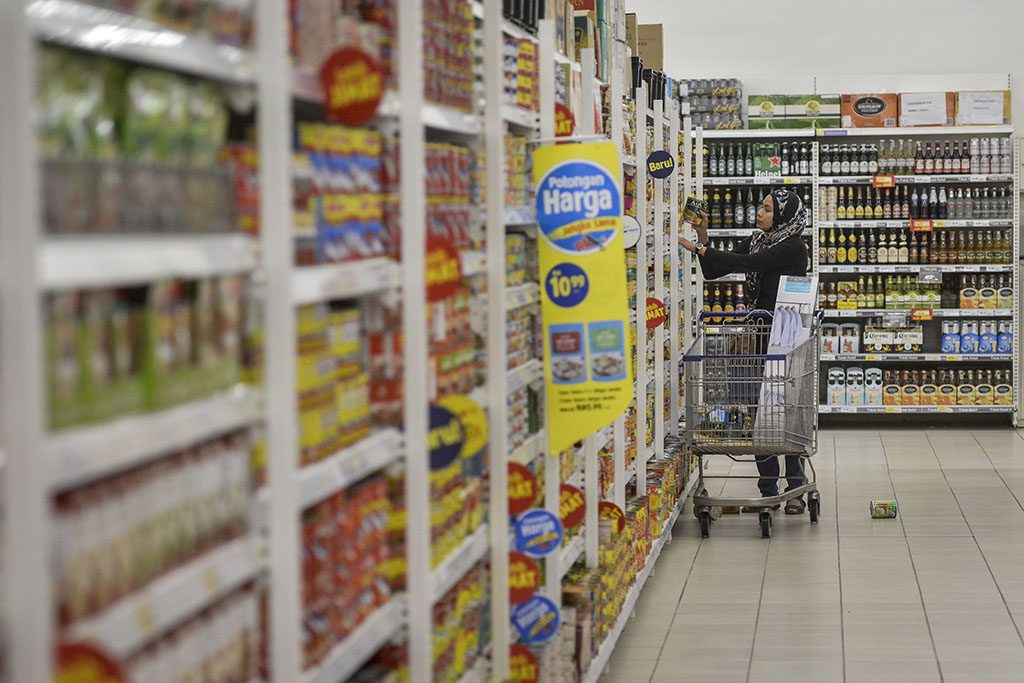KUALA LUMPUR, Jan 3 (NNN-BERNAMA) – The headline IHS Markit Malaysia Manufacturing Purchasing Managers’ Index (PMI), a composite single-figure indicator of manufacturing performance, rose from 52.3 in Nov, to 52.8 in Dec, 2021, indicating a stronger improvement in the health of the sector, said IHS Markit, today.
The average performance over the final quarter was the strongest quarterly performance since the survey began in 2012, said the London-based global information provider.
Looking at the historical relationship between the PMI and official statistics, it said, the latest reading was representative of a solid expansion in manufacturing production and gross domestic product (GDP), as the survey pointed to a broad recovery from the impact of COVID-19.
“Dec data suggested that, output rose for the third month running. The pace of expansion was moderate and was the quickest since Apr. Firms commonly attributed the rise to stronger demand as pandemic restrictions were eased,” it said.
IHS Markit economist, Usamah Bhatti, commented that the further easing of COVID-19 restrictions alleviated pressures faced by the Malaysian manufacturing sector and provided momentum to growth in Dec.
“The average reading of the headline PMI in the fourth quarter was the strongest quarterly performance recorded, since the survey began in July, 2012, as output and new order growth reached eight-month highs respectively,” he said.
“Operating conditions remain tough nonetheless, with supply chain delays, as well as, material labour shortages widely reported across the sector,” he said.
Encouragingly, he said, business expectations for the coming year remained strong overall, as a fifth of companies reported optimism that the worst of the pandemic had passed.
“That said, the degree of optimism eased from Nov, as the outlook remained relatively clouded, due to uncertainty regarding the duration of supply chain disruptions, raw material shortages and further disruption caused by new variants of COVID-19,” he added.– NNN-BERNAMA





